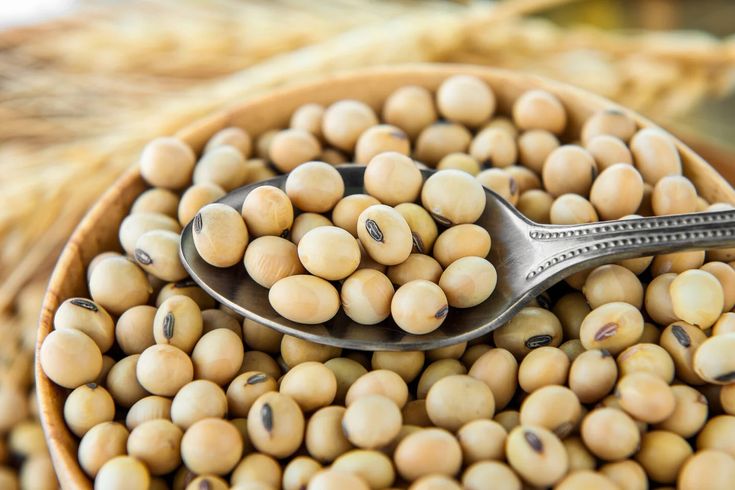Categories
The latest content
-

Customs Clearance & Import Regulations for Bulk Iranian Pinto Beans in EU, Middle East & Africa
..
-

Quality Control & Laboratory Testing Standards for Iranian Pinto Beans
..
-

Logistics & Shipping Solutions for Bulk Iranian Pinto Bean Exports
..
-

Minimum Order Quantity (MOQ) & Bulk Pricing for Iranian Pinto Bean Buyers
..

Tags
Quality Control & Laboratory Testing Standards in Iranian Soybean Seed Export

Exporting high-quality Iranian soybean seeds to international markets demands strict adherence to quality control protocols and comprehensive laboratory testing. Buyers worldwide—ranging from food processors to feed manufacturers—expect consistent quality, safety, and compliance with international standards.
Importance of Quality Control in Soybean Export
Quality control ensures that every batch of Iranian soybean seeds meets market expectations in terms of protein content, size, moisture, and purity. Consistent quality not only builds buyer trust but also minimizes losses, reduces rejections at customs, and strengthens your reputation in global markets.
Key goals of quality control include:
• Maintaining uniformity in seed size, color, and texture.
• Ensuring high nutritional value for both food-grade and feed-grade soybeans.
• Complying with regulatory requirements across regions such as EU, Middle East, and Asia.
Laboratory Testing Standards
Iranian soybean seed exporters implement advanced laboratory testing to monitor several critical parameters:
1. Moisture Content: Optimal moisture levels (usually below 13%) prevent spoilage and ensure long shelf life.
2. Protein & Oil Content: High-protein and balanced oil content are essential for food and feed applications.
3. Purity & Foreign Matter: Seeds are tested for physical purity to remove dust, stones, and other foreign materials.
4. Mycotoxins & Pathogens: Tests for aflatoxins, Salmonella, and other pathogens ensure the seeds are safe for consumption.
5. Germination Rate (if applicable): For agricultural or seed-market exports, germination tests confirm viability.
Certifications That Guarantee Global Acceptance
• ISO Certification: Confirms adherence to internationally recognized quality management systems.
• HACCP (Hazard Analysis & Critical Control Points): Ensures food safety throughout processing, storage, and export.
• Halal Certification: Meets religious and dietary requirements for Muslim-majority markets.
• Organic Certification: For markets demanding pesticide-free and eco-friendly soybeans.
These certifications not only satisfy regulatory requirements but also enhance marketability in Europe, the Middle East, and Asia.
Tips for Buyers
• Request Test Reports: Always request a detailed laboratory report with your order to verify quality.
• Verify Certifications: Confirm that exporters hold up-to-date ISO, HACCP, Halal, or Organic certifications.
• Inspect Samples: Testing small samples in your local lab can ensure consistency with your end-market requirements.
Conclusion
Quality control and laboratory testing are the backbone of Iranian soybean seed export. By maintaining strict standards, Iranian exporters deliver premium feed, food-grade, and high-protein soybeans that comply with international regulations and exceed buyer expectations. Ensuring proper testing and certifications not only secures long-term contracts but also builds a strong reputation for reliability and excellence in the global market.
Email: tamilaagrifood@gmail.com
Call / WhatsApp: +989141858935



